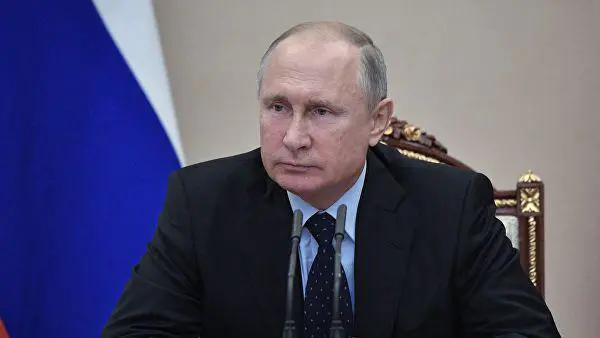Authorities Tuesday imposed strict curfew and restrictions in most parts of Srinagar city to prevent religious procession on occasion of the 10th of Muharram (the first month of Islamic calendar) and anti-military protests in the wake of civilian killings, officials said.
"Curfew was put in place in several areas of the city as a precautionary measure in various parts to maintain law and order," an Indian police official said. "We can't allow people to disrupt peace in the city."
Hundreds of policemen and paramilitary troopers of India's Central Reserve Police Force (CRPF) in full riot-gears have been deployed in sensitive localities of the city including Lal Chowk ( red square) to enforce restrictions on movement of civilians.
The government forces have laid coils of concertina and barricades to restrict movement of vehicular traffic.
At several places other than curfew bound areas restrictions have been put in place to disallow assembly of people.
The authorities imposed restrictions in anticipation of protests against Indian military for the killing of two civilians.
On Monday evening, two youths were killed and two others wounded after Indian military troopers fired on a car at Chattergam in Budgam district, about 14 km south of Srinagar city, the summer capital of Indian-controlled Kashmir.
The youths were inside the car when the troopers fired.
Indian military regretted the loss of lives in Monday's firing and ordered a probe into the killing.
Meanwhile, policemen detained several Shia mourners who had defied restrictions and tried to take out a Muharram procession at Lal Chowk.
The mourners tried to march towards the Residency road when the police intercepted them and whisked them away in police vehicles.
The authorities have put a ban on Muharram processions in the main city after an insurgency against Indian rule broke out in 1989. The officials cite security reasons to disallow the processions, fearing that the religious processions would turn into anti-India activities.
Monday's killings have evoked widespread condemnation and are likely to fuel anti-India protests.
A separatist movement challenging New Delhi's rule is going on in Indian-controlled Kashmir. Officials have also put in place the prohibitory orders under Section 144 (government order) in the city. The orders prohibit assembly of more than four persons in public places.
The curfew and restrictions have paralyzed business activities and work in the city.
The authorities have also placed the region's moderate separatist leader Mirwaiz Umar Farooq under house arrest to stop him from taking out a protest rally against the civilian killings. He was scheduled to visit a local shrine and address a rally.
Farooq has called for a complete shutdown on Wednesday to protest the killing of two civilians at the hands of the Indian military.
"The killing of two innocent youths by India army is unfortunate," Farooq said. "A probe into the shooting should be carried out by independent agencies so that guilty are punished."
Indian-controlled Kashmir is still reeling under devastation and destruction wreaked by floods in September. The floods have inflicted an estimated loss of 16 billion U.S. dollars and killed more than 280 people.
 简体中文
简体中文

